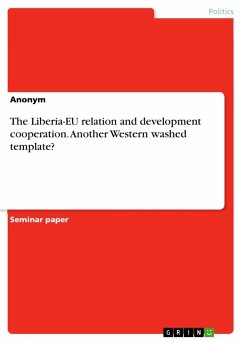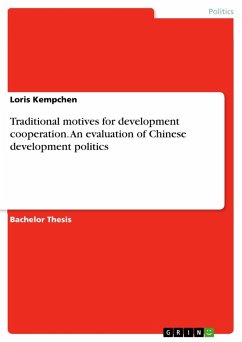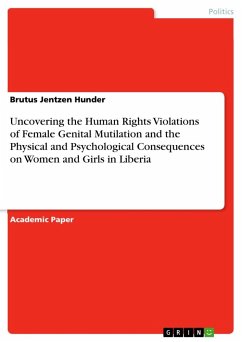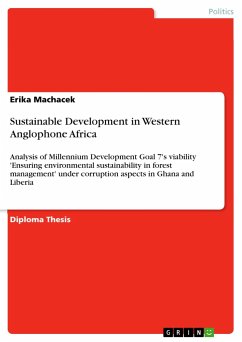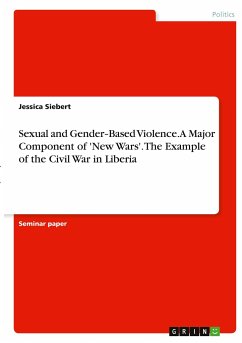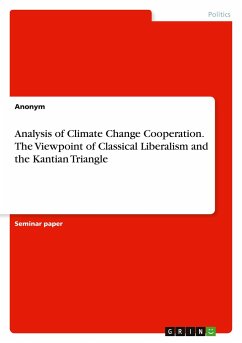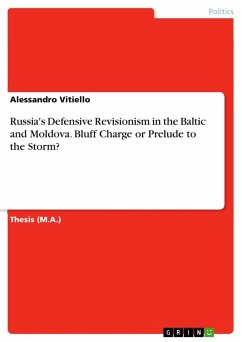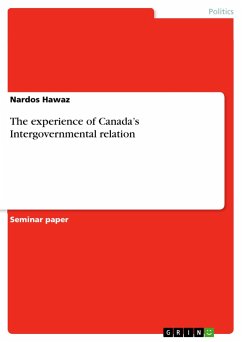Seminar paper from the year 2020 in the subject Politics - Topic: European Union, grade: 2,3, , language: English, abstract: The aim of this paper is to analyze DevCo(Development cooperation) agreements between Liberia and the EU to examine the extent to which the EU development 'aid' policy maintains global power imbalances in Liberia. Therefore, this paper presents an advisory report by Human Rights Watch (HRW) for the European Commission to persuade the Commission to question its approaches in DevCo. As a first step, the theoretical framework including the legal aspects on which the EU's development cooperation is based and the concepts of postcolonialism and resilience will be presented. On the basis of this conceptual structure the Liberia-EU relation will be investigated through focusing on the Cotonou agreement and the National Indicative Programme (NIP) between Liberia and the EU to analyze power imbalances.Since the EU has an expressed competence to conclude bilateral ormultilateral agreements with Third Countries (TC), the EU developed a strong legal position and assigned responsibility for development cooperation (DevCo) and humanitarian aid. Hence, the EU concludes DevCo agreements with countries of the Global South like Liberia to promote sustainable development and eradicate hunger and poverty following the UN's Sustainable Development Goals. However, the EU's DevCo is called into question because frequently the EU sacrifices important principles such as partnership or human rights to the domestic policy-driven goal of preventing migration movements towards Europe. Thus, the practices of development aid reproducing power imbalances like the loss of cultural identity and social capital are maintained through the new approach of DevCo which promotes equal partnerships but reinforces postcolonial structures.
Hinweis: Dieser Artikel kann nur an eine deutsche Lieferadresse ausgeliefert werden.
Hinweis: Dieser Artikel kann nur an eine deutsche Lieferadresse ausgeliefert werden.

